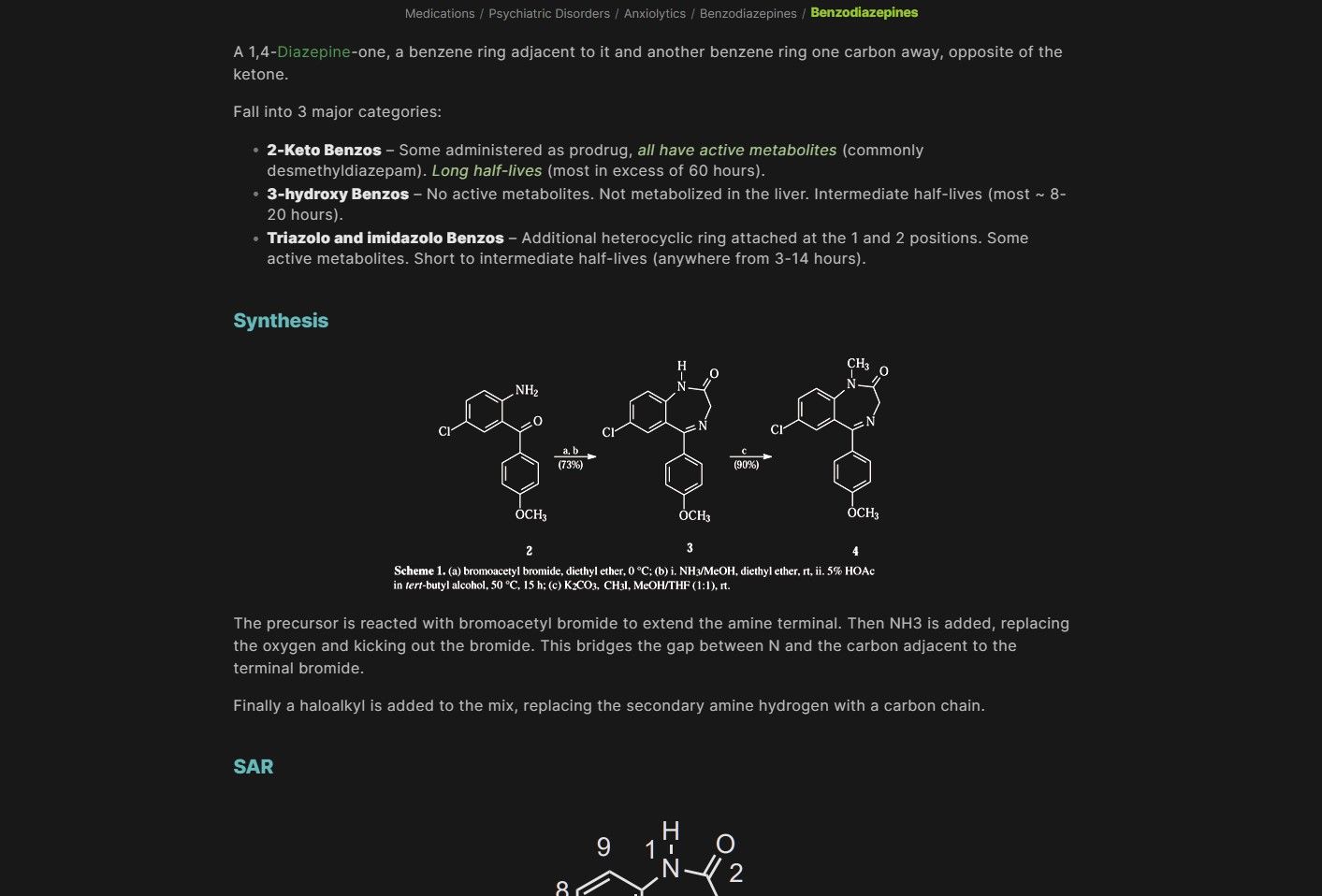Quick Links
-
Complexity and Feature Overload
-
Setup and Maintenance Time
There are many personal knowledge management tools available today. Each one promises to organize your life and improve your efficiency. While these tools are often well-thought-out and can be useful, they are not the magic bullet they are marketed as. Here’s why.
1
Complexity and Feature Overload
Whether due to competitive pressure or demand from users, most knowledge management tools are quite complex and unfriendly to beginners. They tend to be “everything applications,” with extraneous features such as task management, calendaring, and scheduling.
Notion is a prime example of a knowledge management tool with many features and a steep learning curve. It’s a popular application, but its numerous features bog down the core functionality, making it difficult to use for simple, everyday tasks.
In reality, knowledge management is about as complex as you make it. Not everyone needs all the bells and whistles these tools advertise, and their use cases are usually very niche.
Furthermore, people shouldn’t be led into thinking that tweaking the right Obsidian setup with several plugins and automation scripts will instantly make them more productive, compared to a simple note-taking system. “All-in-one” productivity apps are rarely the best choice. It’s often better to keep your system diversified across various platforms and tailored to meet your specific needs.
2
Setup and Maintenance Time
Setup and maintenance time can quickly become a productivity trap with knowledge management tools. You could easily get lost in designing the perfect note-taking system with the templates, databases, and styling and ignore the very notes you wanted to take. Managing the note-taking system becomes a task itself, draining time and energy that could be spent on actual productive work.
This is not a problem with the tools themselves but rather stems from how they are used and marketed. Knowledge management tools are designed to be customizable and flexible to accommodate users with different needs, which is a strength. However, this flexibility often leads to unnecessarily complex setups that are hard to maintain.
When building a knowledge management system, you should prioritize simplicity and practicality over complexity and perfection. If your current setup doesn’t work for you, then tweak things until you have one that does, but keep in mind that there is no such thing as a perfect setup.
3
Too Many Options
There is an overwhelming amount of knowledge management tools out there, all offering the same core features. This abundance of software options makes choosing the right tool difficult.
These software platforms are usually quite similar, more than most users would care to admit. They package the same essential features: note-taking, tagging, search, and linking, in different interfaces and with slight variations. The major difference between these tools is usually the approach to note categorization and structuring and how tightly they lock users into their platform.
Ideally, you should select a knowledge management platform that works offline, is cross-platform, and stores your notes in a format that can be easily exported in the future (i.e. Markdown). With that sorted, you can simply select the one you think looks best or offers specific features you require.
4
Productivity Influencers
Productivity influencers are the biggest reason why personal knowledge management tools are overrated. They inflate the promise of these apps and promote them as a shortcut to productivity.
Their favorite knowledge management tool or the week’s choice is the best way to organize information, improve your understanding, and build a “second brain.” The content is more focused on aesthetics and customization than the actual utility offered by the tools. Not to mention, the ad segment where they talk about the templates or the full course that offers “everything you need to know.”
Generally, I am quite wary of anyone whose main business is teaching people to be productive. They usually have more success selling the idea of productivity than living it themselves.
Knowledge management boils down to taking great, distilled notes and organizing those notes in a way that makes sense to you. The structure should serve the content rather than the other way around. The best personal knowledge management system is the one that works for you, and it can be implemented in any tool, from physical index cards to digital databases in Notion.









